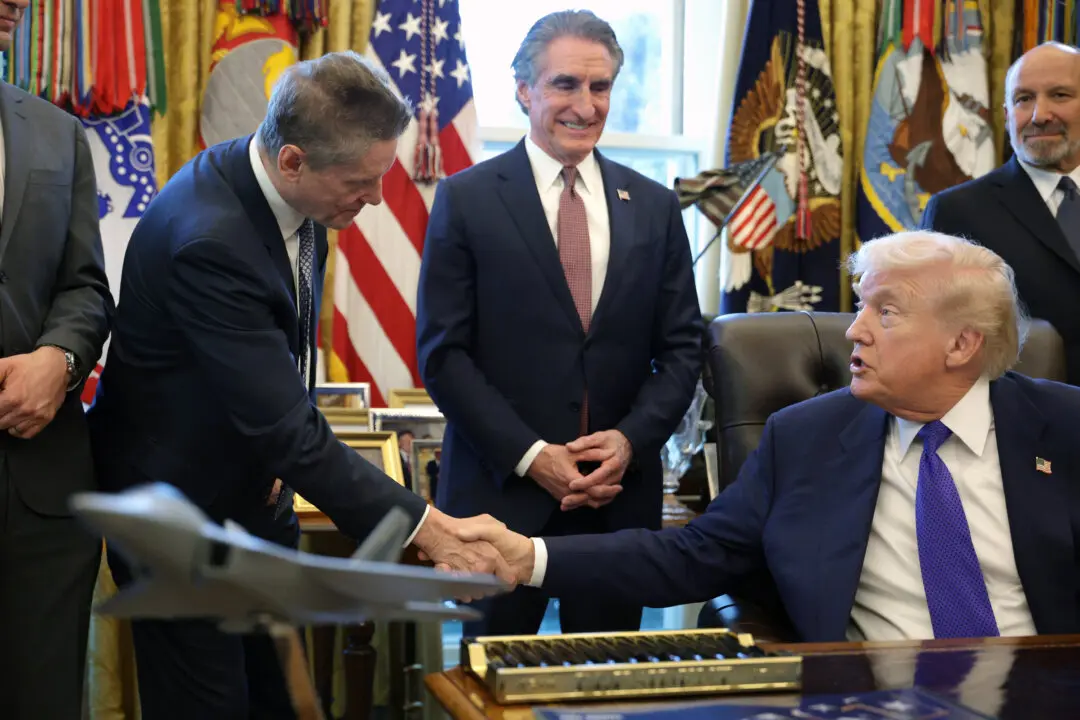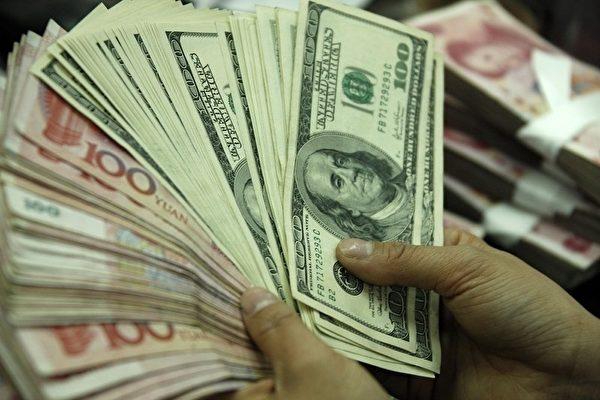Commentary
In yet another setback for China’s already beleaguered economy, foreign firms are pulling their earnings out of the country. American, Japanese, and European companies—some long-established in China—have rethought former plans to modernize and expand and have begun to send their profits home or elsewhere in Asia and even further afield.





